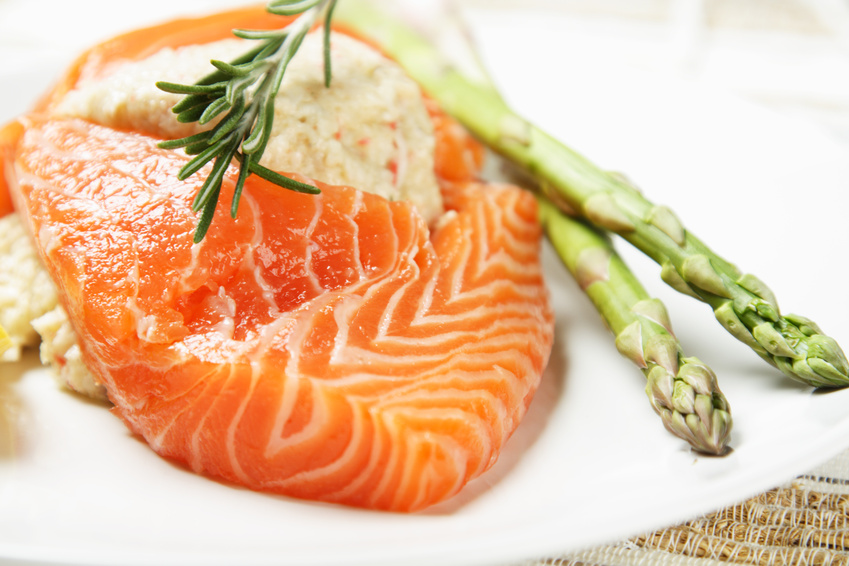We know that many red meats are high in saturated fat and this can increase the risk of heart disease. Many researchers also believe that red meat increases the risk of certain cancers, particularly colorectal cancer. A vegetarian diet is certainly a healthy alternative for some people, but for the omnivores out there, many other protein sources exist. Below are some healthy options:
Legumes (beans, peas, lentils, soybeans): These super foods are packed with nutrition (and #1 on my list for a reason), including protein, calcium, loads of vitamins and minerals (folic acid, magnesium, potassium, B vitamins) and fibre! In addition, they are one of the cheapest forms of protein available and rank low on the glycemic index (good for blood sugar and weight control). If you aren’t used to eating legumes, scan some recipes to get inspired of how to include more into your diet. Aim for at least 2-3 times a week.
Fish: A great source of high-quality protein and heart-protecting healthy fats, as well as vitamins A and D. Visit GotMercury.org to find the cleanest types of fish available to you.
Lean poultry: Chicken, turkey and duck are lower in fat than red meat and provide us with B vitamins, iron, trace minerals, in addition to protein. Ground turkey and chicken can be used as a substitute for ground meat in many dishes.
Eggs: A good source of zinc, vitamin E, vitamin A, B12 and other B vitamins and minerals.
Low-fat dairy: A good source of vitamin A and D, calcium, and B vitamins. Note: some people do not produce adequate amounts of the enzyme lactase, which is required to digest the milk sugar lactose. If you experience nausea, cramps, bloating, gas, and/or diarrhea after consuming milk or cheese, you may be lactose intolerant. One can also be allergic to milk protein, resulting in inflammatory responses (nasal congestion, skin reactions/itchiness, asthma, etc.). Other options for calcium-rich foods include collard greens, fortified soy and rice milks, beans and peas, kale, almonds, tofu, blackstrap molasses, fortified orange juice, Chinese cabbage and whole oranges.
When you do choose to eat red meat, look for grass-fed or organic varieties, or wild game meats as these are lower in hormone / pesticide residue and can be lower in saturated fats.
